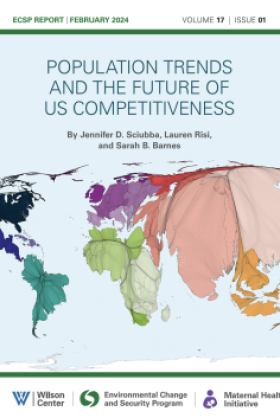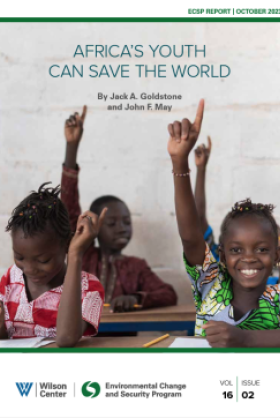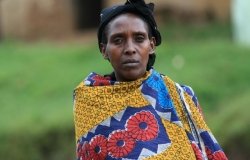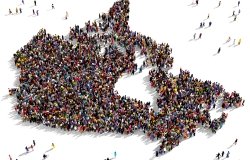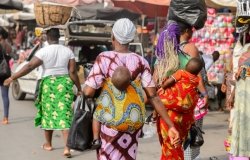Demographic Timebomb? People Power and the Future of Israel as a Jewish State
Demography will play an increasingly important role in determining the future of the state of Israel. Population size and structure, the changing demographic balance both between Israelis and Palestinians and among Israel’s religious and secular communities, and the unique circumstances of Israel’s Arab citizens will increasingly define this future. Join us for a discussion of these issues with one of Israel’s leading demographers.
Overview
Sergio DellaPergola, a leading Israeli demographer, presented his findings and prospects on demography for the future of Israel.
On February 14, the Middle East Program and the Environmental Change and Security Program at the Woodrow Wilson Center and the S. Daniel Abraham Center for Middle East Peace hosted a discussion, “Demographic Timebomb? People Power and the Future of Israel as a Jewish State” with DellaPergola, who is Shlomo Argov Professor Emeritus of Israel-Diaspora Relations at the Avraham Harman Institute of Contemporary Jewry at the Hebrew University. Aaron David Miller, the Vice President for New Initiatives and Distinguished Scholar at the Wilson Center, moderated the event.
DellaPergola began by noting that the world’s Jewish population currently ranges between 13.5-14 million people, 40 percent of whom live in Israel. According to him, Israel’s demographic changes can be traced back to historical events and immigration trends, including Israel’s “open door immigration policy,” resulting in successive Jewish immigration waves, and the annexation of East Jerusalem and the Golan Heights after 1967.
DellaPergola stressed that from the establishment of the state in 1948, Israel’s Jewish population rose from 600,000 to over 6 million people today, forming in 2013 around 75.3 percent of the total population with the next largest group being the Israeli Arabs forming 20.7 percent of the population. He pointed out that the demographic share of Israeli Arabs will increase over time. Indeed, 2012 vital statistics in Israel show that the birth rate is higher among Arabs than among Jews, and that the death rate is inversely higher among Jews than among Arabs. Additionally, a significant percentage of Israeli Arabs are currently below 25 and will form a family within 10-25 years, therefore perpetuating positive Arab growth for at least another generation.
At the religious and identity levels, DellaPergola explained that Israeli Jews still aspire to have a conventional family and that the Israeli population, as a whole, is going through a phase of “de-secularization.” Israel’s level of fertility is relatively high in comparison to other developed countries, and, while the most religious factions among its Jewish population have an average of 4.5 children per couple, the Jewish seculars still have an average of 2 children per couple. The share of Haredim, the most conservative Orthodox Jews, will increase, especially among the youth, from forming over 12 percent in 2009 to 31 percent by 2049 of all Israeli Jews.
In conclusion, DellaPergola noted Israel’s dilemma to choose between being a heterogeneous entity with each group opposing each other or a more inclusive civil society “that respects cultural and religious differences, and where each citizen participates according to his/her capacity to build the economy and the state’s shared institutions.” He emphasized that Israel’s shifting demography will define its future and challenge its goal of being altogether Jewish, democratic, and/or territorial.
By Valérie Guillamo, Middle East Program
Speakers
Hosted By

Middle East Program
The Wilson Center’s Middle East Program serves as a crucial resource for the policymaking community and beyond, providing analyses and research that helps inform US foreign policymaking, stimulates public debate, and expands knowledge about issues in the wider Middle East and North Africa (MENA) region. Read more

Environmental Change and Security Program
The Environmental Change and Security Program (ECSP) explores the connections between environmental change, health, and population dynamics and their links to conflict, human insecurity, and foreign policy. Read more
Thank you for your interest in this event. Please send any feedback or questions to our Events staff.


